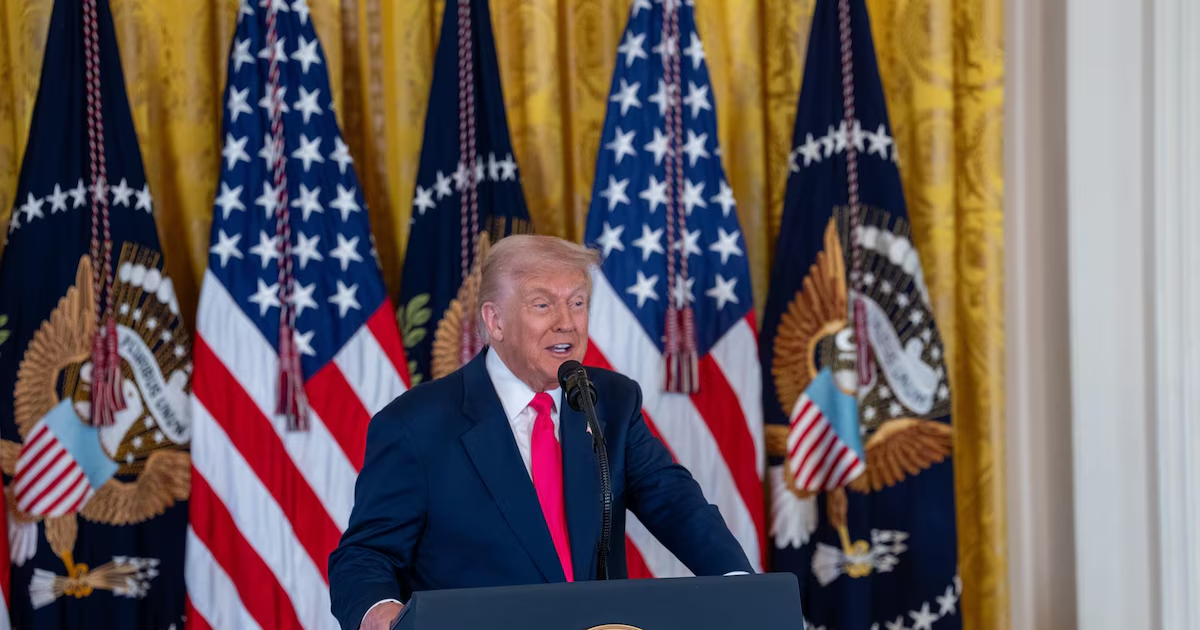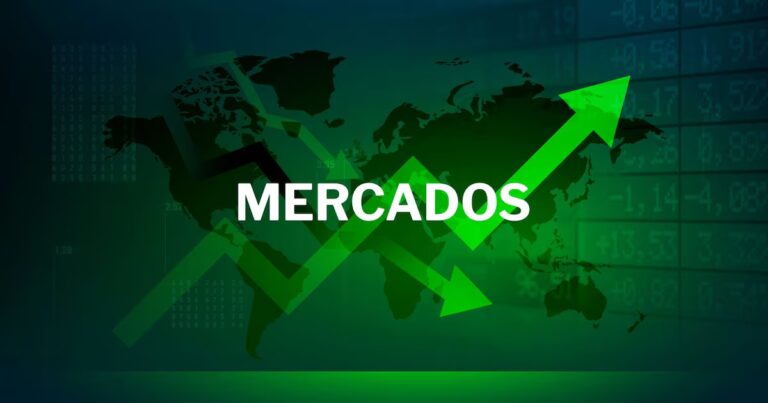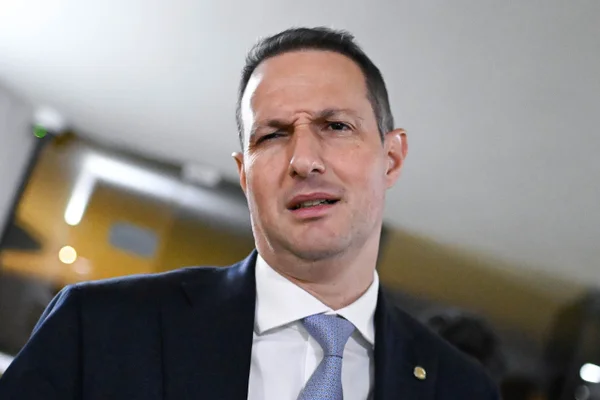
President Donald Trump’s administration announced this Thursday that it had reached trade deals with Argentina, Guatemala, Ecuador, and El Salvador. The agreement includes promises such as lowering import duties on certain products, such as those in the agricultural and textile sectors, in exchange for opening up their markets to U.S. products from those countries.
These “historic” agreements, which will be signed “in the coming weeks,” come after the president suffered his first major political defeat in various election races in early November, the White House reported, with the US considering lowering tariffs on basic goods to lower the cost of food and, in turn, calm voter fears.
Democrats won the governorships of Virginia and New Jersey and the New York mayoral race with a campaign focused on economic and social programs, especially food affordability, Bloomberg reported.
The most important agreement is probably the one with Argentina. Secretary of State Javier Milley will “grant preferential access to export markets for U.S. products, including certain pharmaceuticals, chemicals, machinery, information technology products, medical devices, automobiles, and a wide range of agricultural products,” the White House said.
The liberal president praised the deal as “a great recognition of[his]economic plans and Buenos Aires’ foreign policy,” and boasted that the deal puts the country in a “select group of countries with trade privileges.” On his social network account X, he stressed that the announcement reflected “shared values of life, liberty and private property.”
However, the scope of the agreement is currently unclear, but as Bloomberg pointed out, Argentine authorities cannot hope for a broader deal with Washington because it is part of the Mercosur trade bloc, which prohibits member states from negotiating large agreements.
Meanwhile, agreements announced with Guatemala, El Salvador and Ecuador focus on reducing tariffs on key products, most of which are not produced in the United States, such as bananas and coffee beans.
President Nayib Bukele of El Salvador celebrated the agreement by issuing a joint statement.
Meanwhile, Guatemalan President Bernardo Arevalo celebrated the “good news” for his country’s economy in a video, asserting that “more than 70% of the products that Guatemala exports to the United States have no tariffs (and) most of the remaining products are subject to 10% (taxes).”
Although the US government has assured that the reduction of trade barriers in Latin American countries will encourage the growth of domestic companies, it is worth remembering that trade flows between the US and the countries participating in the four agreements are much lower than those with other economies.



